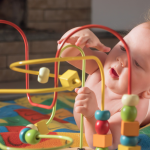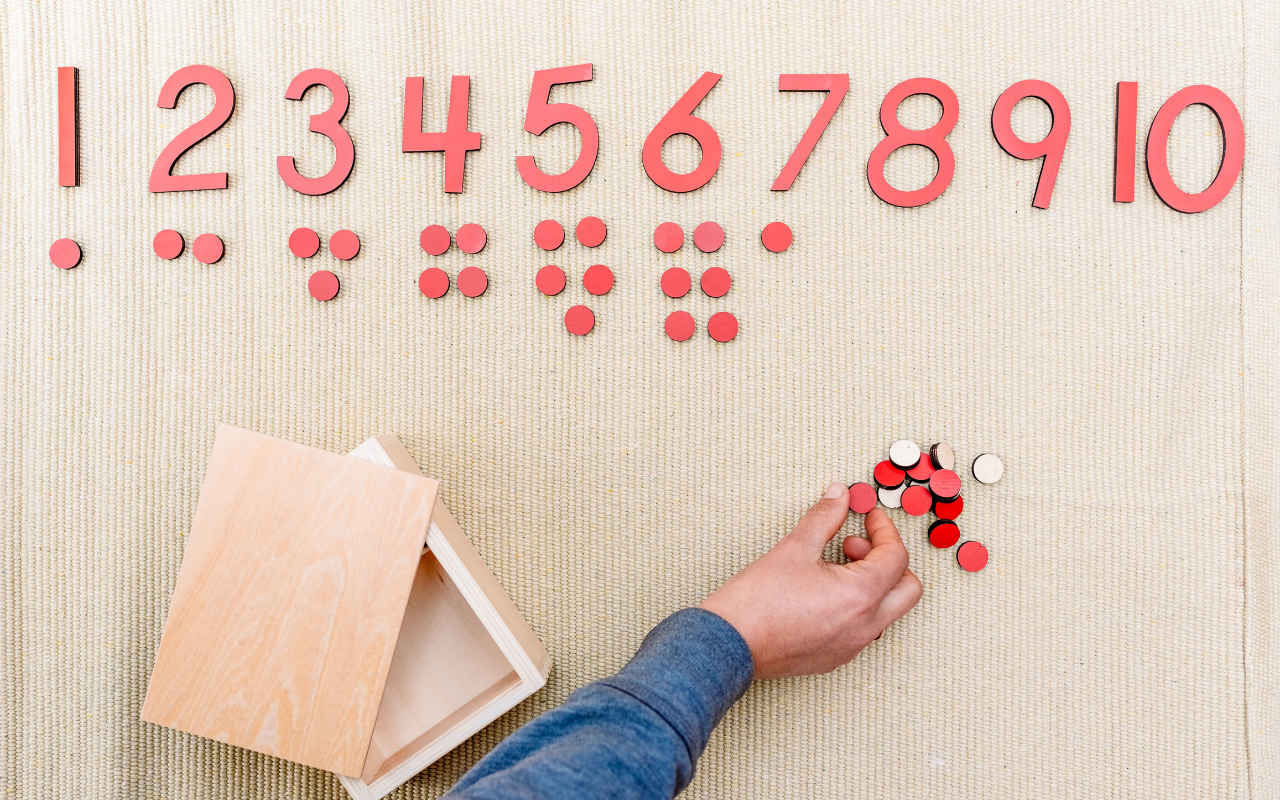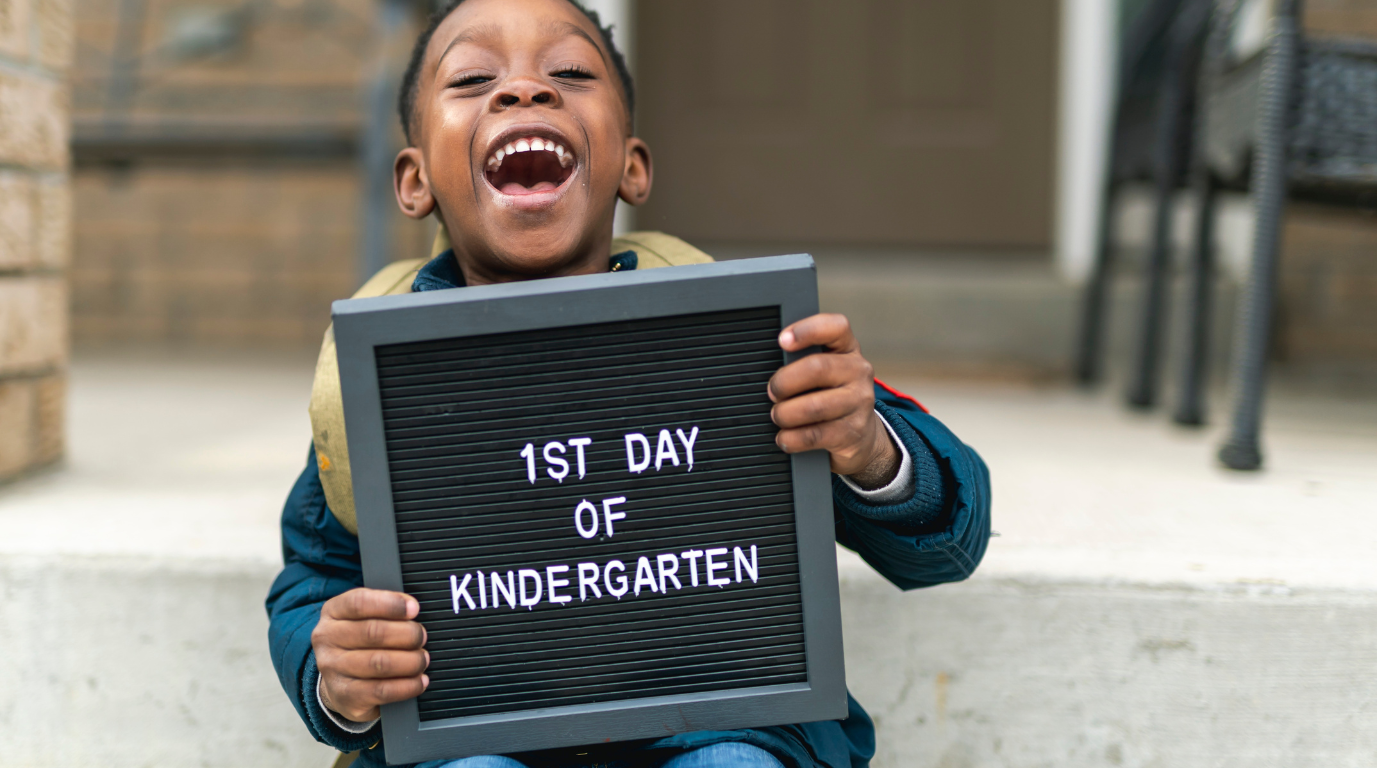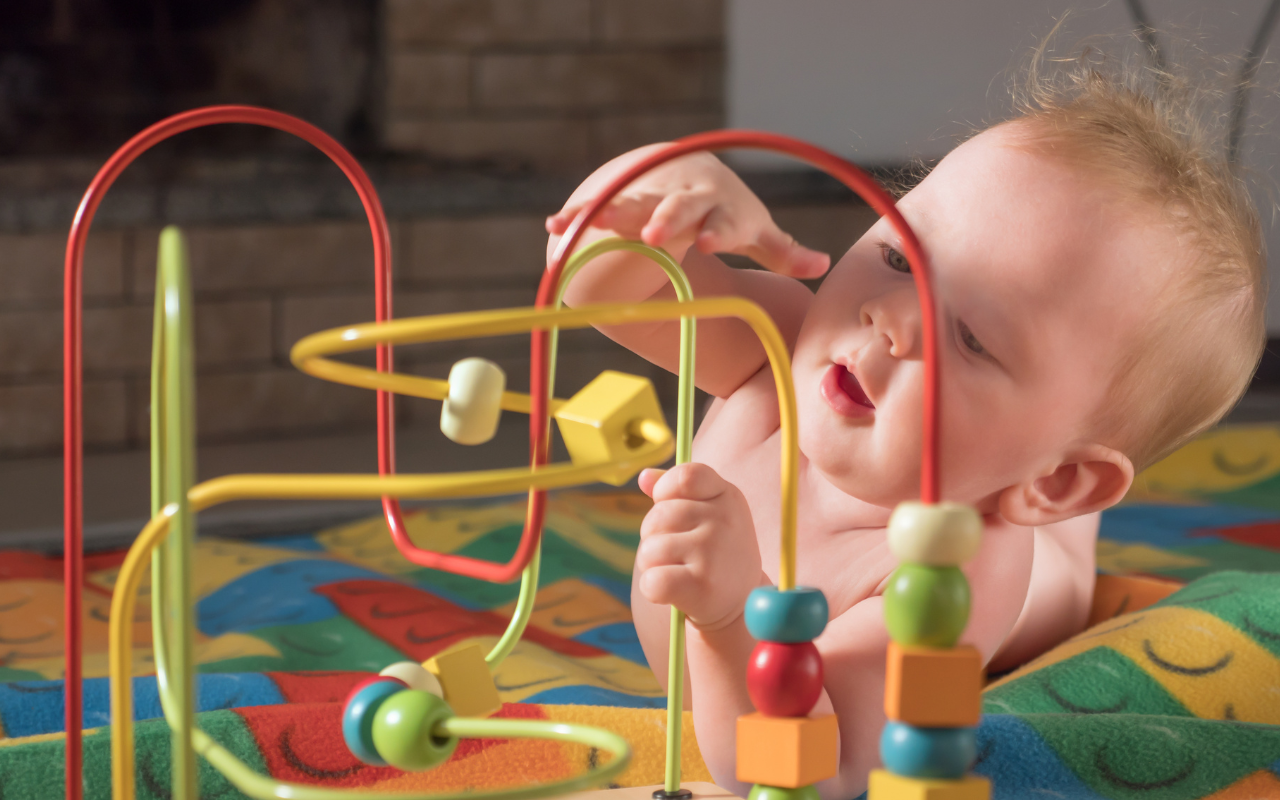When selecting a daycare, parents should consider several key factors to ensure a suitable and safe environment for their child.By carefully assessing the factors mentioned and asking relevant questions during visits or interviews, parents can make an informed decision when choosing a daycare that best suits their child’s needs and their family’s preferences.
Preschool: where little minds explore, hearts grow, and friendships blossom.
Key Factors:
Health and Safety Measures: Look for centers that prioritize cleanliness, follow health protocols, and maintain a safe environment. Check if they adhere to proper hygiene practices, have secure premises, and maintain a safe ratio of staff to children.
Qualified and Caring Staff: Ensure the caregivers and teachers are qualified, experienced, and compassionate. They should engage positively with children, fostering a nurturing atmosphere.
Learning and Development: Evaluate the curriculum and activities offered. A good daycare should provide age-appropriate learning, stimulating activities, and opportunities for social, emotional, and cognitive development.
Parental Involvement and Communication: Consider centers that encourage parental involvement. Open communication between caregivers and parents is crucial. Look for centers that keep parents informed about their child’s progress and daily activities.
Observation and Gut Feeling: Visit the center in person, if possible, to observe the atmosphere, interactions, and overall environment. Trust your instincts and ensure the center aligns with your values and expectations.
Licensing and Accreditation: Check if the daycare is licensed and accredited by relevant authorities. Compliance with regulations ensures certain standards of care and safety.
Location and Convenience: Consider the center’s proximity to your home or workplace. A convenient location can reduce stress related to drop-off and pick-up times.
Flexibility and Policies: Review their policies on schedules, fees, sick child protocols, and emergency procedures. Ensure the daycare’s rules and operational hours suit your family’s needs.

The Purpose of Preschool
Foster Early Learning: It focuses on early childhood education, introducing fundamental concepts such as numbers, letters, shapes, colors, and social skills through play-based and interactive activities.
Develop Social Skills: Preschool encourages children to interact with peers and adults, fostering socialization, cooperation, and communication skills. It lays the groundwork for positive social interactions and teamwork.
Enhance Emotional Development: It helps children understand and express their emotions, develop empathy, and build confidence, creating a supportive environment for emotional growth.
Stimulate Cognitive Growth: Preschool activities stimulate cognitive development by encouraging curiosity, problem-solving, and critical thinking skills. Children engage in hands-on experiences that promote exploration and discovery.
Promote Physical Development: Preschools often incorporate activities that enhance gross and fine motor skills, fostering physical coordination, balance, and control through play and movement.
Cultivate Independence: Children learn to follow routines, take on tasks independently, and develop self-help skills, laying the foundation for independence and self-confidence.
Prepare for Formal Education: Preschool introduces the structure of a classroom setting, preparing children for the transition to formal schooling. It helps them adapt to routines and academic expectations.
Introduction to letters, sounds, and pre-reading skills through stories, rhymes, and alphabet activities.
Introduction to numbers, counting, shapes, patterns, and simple mathematical concepts through games and hands-on activities.
Activities to enhance coordination, balance, hand-eye coordination, and both small and large muscle movements through games, art, and physical activities.
Teaching basic self-help skills such as dressing, using the restroom independently, tidying up, and following routines.
These areas of learning are typically delivered through a play-based and child-centered approach, allowing children to explore, experiment, and learn through hands-on experiences and guided activities that are developmentally appropriate for their age.
Choosing a daycare is a significant decision, one that shapes your child’s early experiences. It’s not just a place; it’s the start of their learning journey and a nurturing environment for growth. Trust your instincts, ask questions, and prioritize safety, quality care, and a supportive atmosphere. Your choice sets the stage for your child’s happy and healthy development, making each day an adventure in learning and discovery










